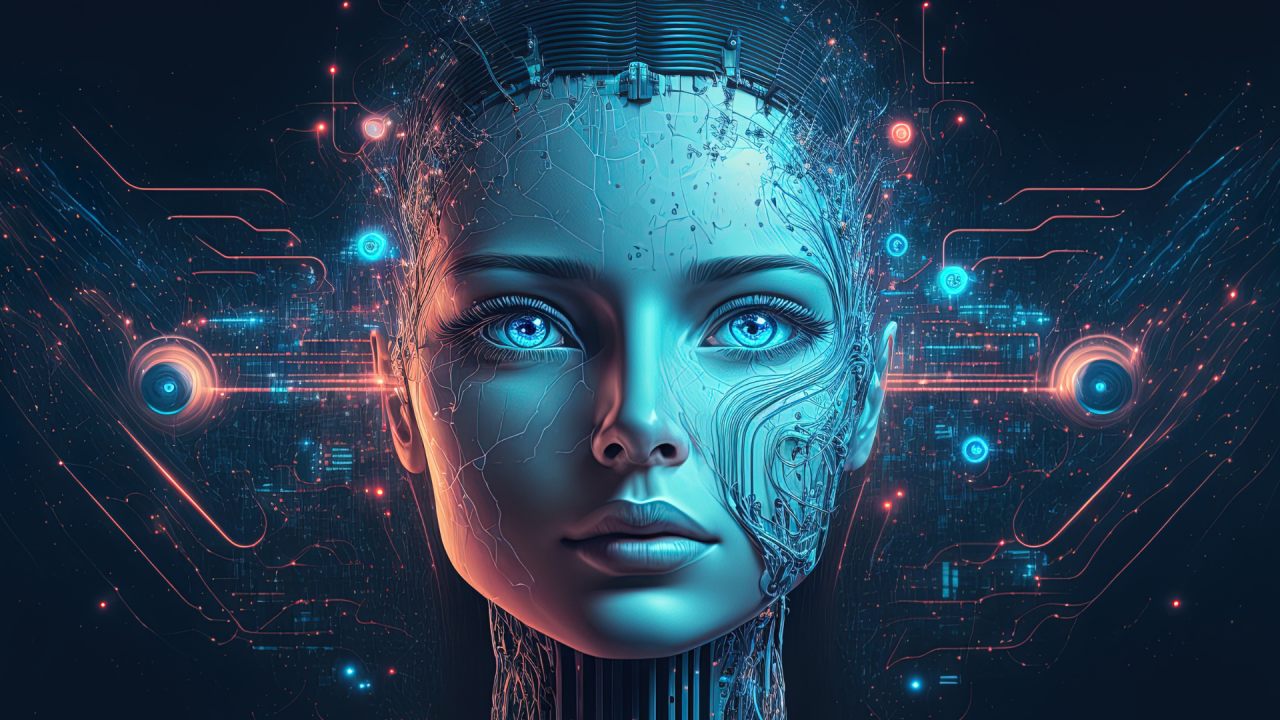In the digital age, artificial intelligence (AI) stands as the cornerstone of innovation, reshaping industries, societies, and economies worldwide. The advent of AI has heralded a new era of possibilities, promising transformative solutions to age-old challenges and opening doors to unprecedented opportunities. Among the most remarkable aspects of this AI revolution is the emergence of face swap AI tools, which are democratizing access to advanced technology and fueling what can be aptly termed as the “Free AI Renaissance.”
The Free AI Renaissance represents a paradigm shift in the way individuals, businesses, and communities interact with technology. Historically, the development and deployment of AI systems were confined to well-funded research institutions and tech giants due to the high costs associated with computing power, data acquisition, and talent. However, the landscape has undergone a remarkable transformation with the rise of open-source software, cloud computing, and collaborative communities.
One of the primary drivers of the Free AI Renaissance is the proliferation of open-source AI frameworks and libraries. Projects like TensorFlow, PyTorch, and scikit-learn have democratized access to cutting-edge machine learning algorithms and tools, enabling developers and researchers worldwide to build and deploy AI applications without exorbitant licensing fees or proprietary constraints. This democratization of AI software has leveled the playing field, allowing innovators from diverse backgrounds to participate in the development and advancement of AI technologies.
Moreover, the advent of cloud computing platforms has democratized access to scalable computing resources, eliminating the need for expensive on-premises infrastructure. Cloud providers offer pay-as-you-go pricing models, allowing users to leverage powerful hardware resources on-demand without significant upfront investment. This accessibility to computational resources has lowered the barrier to entry for AI experimentation and development, empowering individuals and organizations of all sizes to harness the full potential of AI.
Furthermore, the Free AI Renaissance has fostered vibrant communities of developers, researchers, and enthusiasts who collaborate and share knowledge across various online platforms and forums. Open-source projects thrive on the principles of transparency, collaboration, and inclusivity, driving innovation and accelerating the pace of AI research and development. Through community-driven initiatives, individuals can access educational resources, participate in online courses, and contribute to open-source projects, fostering a culture of continuous learning and skill development.
The impact of the Free AI Renaissance extends far beyond the realm of technology, shaping the socio-economic landscape and catalyzing positive change across diverse sectors. In education, free AI tools and resources are empowering students and educators to explore the frontiers of AI research and develop practical skills that are in high demand in the job market. Similarly, in healthcare, AI-driven solutions are revolutionizing patient care, diagnosis, and treatment, improving outcomes and reducing costs.
In business, organizations of all sizes are leveraging AI to drive innovation, optimize operations, and gain a competitive edge in the global marketplace. From predictive analytics and personalized recommendations to process automation and natural language understanding, AI technologies are reshaping business models and disrupting traditional industries. The accessibility of free AI tools enables startups and entrepreneurs to innovate rapidly and scale their ventures with limited resources, fostering a culture of entrepreneurship and creativity.
However, the Free AI Renaissance also presents its own set of challenges and ethical considerations. As AI becomes increasingly pervasive in our daily lives, questions surrounding privacy, security, bias, and accountability come to the forefront. It is imperative that developers and practitioners adhere to ethical guidelines and responsible AI practices to mitigate potential risks and ensure that AI technologies benefit society as a whole.
